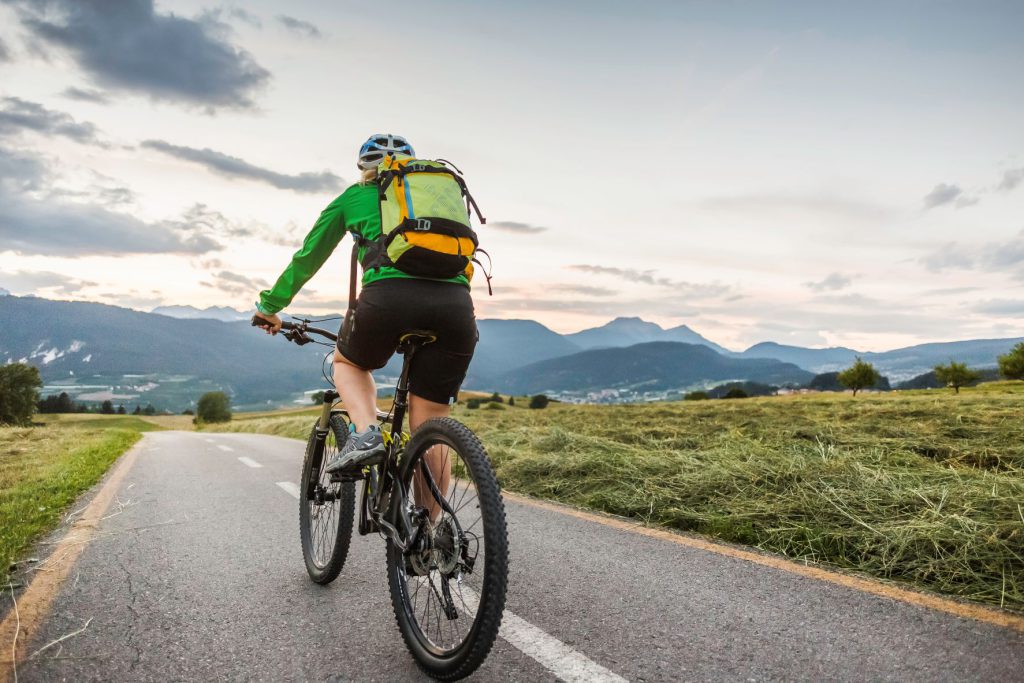How Do I Get Better at Cycling?
The best way to become a better cyclist is to ride more. Whether it is riding to and from work or cycling long distances, you will become faster and more efficient with practice. To keep things interesting, try to ride on different routes every day. This will keep your ride fresh and offer new challenges. You can also use a bike computer to get detailed information about your ride. Make sure you schedule a day off between two difficult rides.
Cross-training
Cross-training is a great method to improve your cycling skills. It can improve your general fitness and focus. It can also help you recover from an injury or prolonged inactivity. Here are some ways to improve your cycling with cross-training. These should be done at the very least once per week.
Cross-training should not be used to replace your cycling workout. Cross-training should be complemented by another form of exercise such as running, swimming, and yoga. Cross-training exercises should be used to build core strength, endurance, and not bulk up your body. These exercises can help you build lean muscle mass, improve your core stability, and burn body fat. It is important to take your time and make sure you’re focusing on the right type of workout for your cycling goals.
Proper cycling posture
It is essential to maintain a good cycling posture in order to improve your performance. Bad posture can cause serious injuries, including lower back and hip pain. It can also lead to sciatic nerve pain. This is a problem that is made worse by sedentary desk jobs. You can avoid long-term injuries by practicing proper cycling posture.
Correct cycling posture allows your spine to remain in a neutral position, and it helps keep your entire body relaxed. This prevents your body from tilting when pedaling, resulting in more power produced in each pedal stroke.
Fueling is important
The most important aspect of cycling is fueling. The sport is an intermittent-intensity activity, so carbohydrate intake is important at critical times during group rides and competitions. Adding carbs to your diet before and after a cycling ride will improve your performance and reduce the risk of injury.
While cycling, cyclists should practice proper hydration around the clock. One bottle of water should be consumed every hour as a rule. Bicyclists should adjust their water intake to their individual physiology. There are many options for cycling drinks, including water, electrolyte mixtures, and high-carbohydrate beverages.

Proper cycling nutrition is vital for training for short and long rides. It preserves your workout quality, lowers your error rate on subsequent rides, and maintains your glycogen stores. Moreover, it builds a solid nutritional habit.
Important importance of a rest day
You should have a rest day every week if you are trying to improve your cycling skills. Rest days allow your body to adjust to the intensity of your training, increasing muscle strength and oxygen delivery. You can also replenish your glycogen stores, which will allow you to do harder workouts the next day.
A rest day is especially important for cyclists. It can help prevent burnout and recover from injuries. Your body can replenish its energy stores within 36 to 48 hours by taking a rest day. Professional cyclists may be able to go a few days without a rest day, but during race season, they need more rest days to recover.
It is important to increase your workload
To improve your cycling performance, you need to increase your training volume. This means that you should ride more often and cycle at a higher level of intensity. This will help you adapt to the change in workload. For cyclists who are just starting out or returning to the sport after an extended layoff, this is an especially important tip. On the other hand, it is unlikely to have a significant impact on riders who are already in good shape. This is because the relative workload will be minimal if the cyclist rides slowly.
Researchers have examined the effects of increasing cycling workload on the brain. The study compared mental workload with performance after five hours of cycling. The RVP test and a 20 km time trial were the two tasks used in the study. The two tasks mimic the challenges of ultra-distance cycling events, and their complexity is similar to that of riding on public roads.